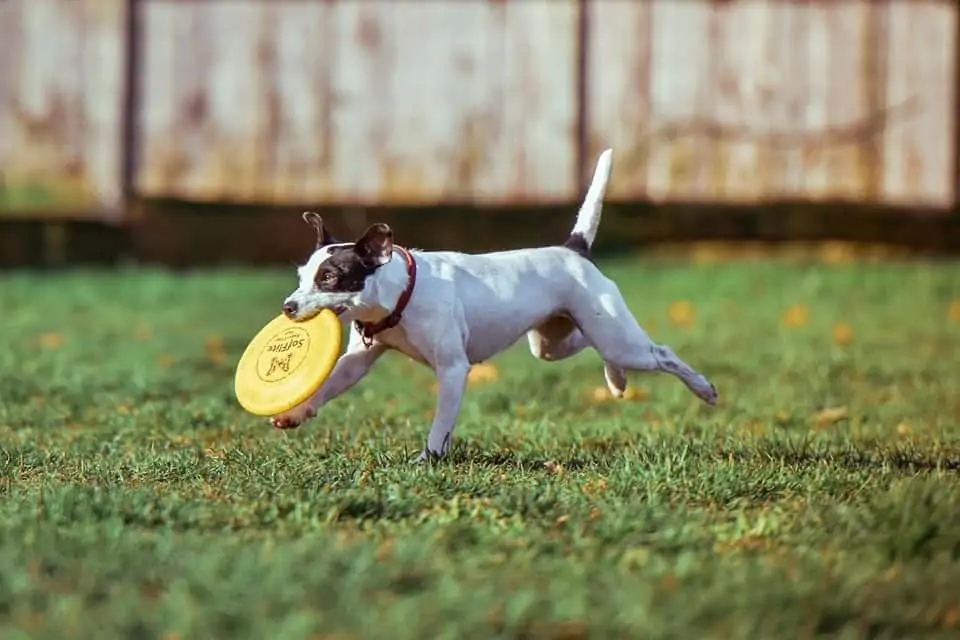As per the statistics, of all the dogs in U.S, more than 45% are obese. This is an alarming rate when you consider the total number of dogs in the country. An overweight dog is vulnerable to several health issues like abnormal blood pressure, diabetes and heart disease, not to mention some behavioral issues. With this article, let us discuss some tips to make your dog lose weight.
Consult a veterinarian
For trimming down your obese or overweight dog into the normal size, it is important that you start by setting up different goals in terms of ideal weight, balanced diet and workout routines. This is where you need a professional insight and this is where a veterinarian can come into play. Take him to the nearest animal hospital and get him subjected for a detail check up, a veterinarian could easily provide you detailed recommendations on the ideal weight, diet and workout routines to be followed as per your dog’s current health requirements. Another advantage of this action is that your dog will also be tested for any of the health issues related to obesity.
Plan a workout routine
A workout routine is always on the charts when it comes to reducing the weight of your dog. It is imperative that you plan various workout sessions for your dog and mix it up so that both you and your dog stay engaged. Taking your dog along for jogging, hiking, beach trips, swimming and dog spots are the common workout activities that can help you to bring down your dog’s weight. Ensure that you start slowly by working out with him for three or four days a week and with time, you can increase the frequency of the workout sessions.
Consider the different factors like season, exercise type and type of dog breed when planning your dog’s workout routine. Use the following guides to tackle pertinent issues.
- Tips to keep your dog healthy during summer
- Special care tips for Bulldog and other short-snouted dogs in summer
- What to consider when taking your dog along for hiking
Preparing a balanced diet for your dog
Your veterinarian can provide you with suggestions for a balanced diet for your dog that features the right proportion of calories and carbohydrates ideal for your dog’s health. If you are planning to prepare homemade food for your dog, you need to keep an eye out for the calorie and carbohydrate intake. Most of the dog foods, especially the canned foods are high in carbohydrate concentration. Excessive carbohydrate can lead to weight gain in dogs. If your dog does not have any medical issues especially with the kidney, putting him on a high protein and low carbohydrate diet is an ideal strategy to keep his weight under check.
Using a combination of smart supplements rich in omega 3 fatty acid and veggies like beans, carrot and broccoli can also help reduce your dog’s weight.
Stick with all the above dog weight loosing tips and measure your dog’s weight on a weekly basis. As mentioned above, it is always better to consult a veterinarian and get your pooch screened for any health issues prior to starting your efforts to reducing your dog’s weight.

